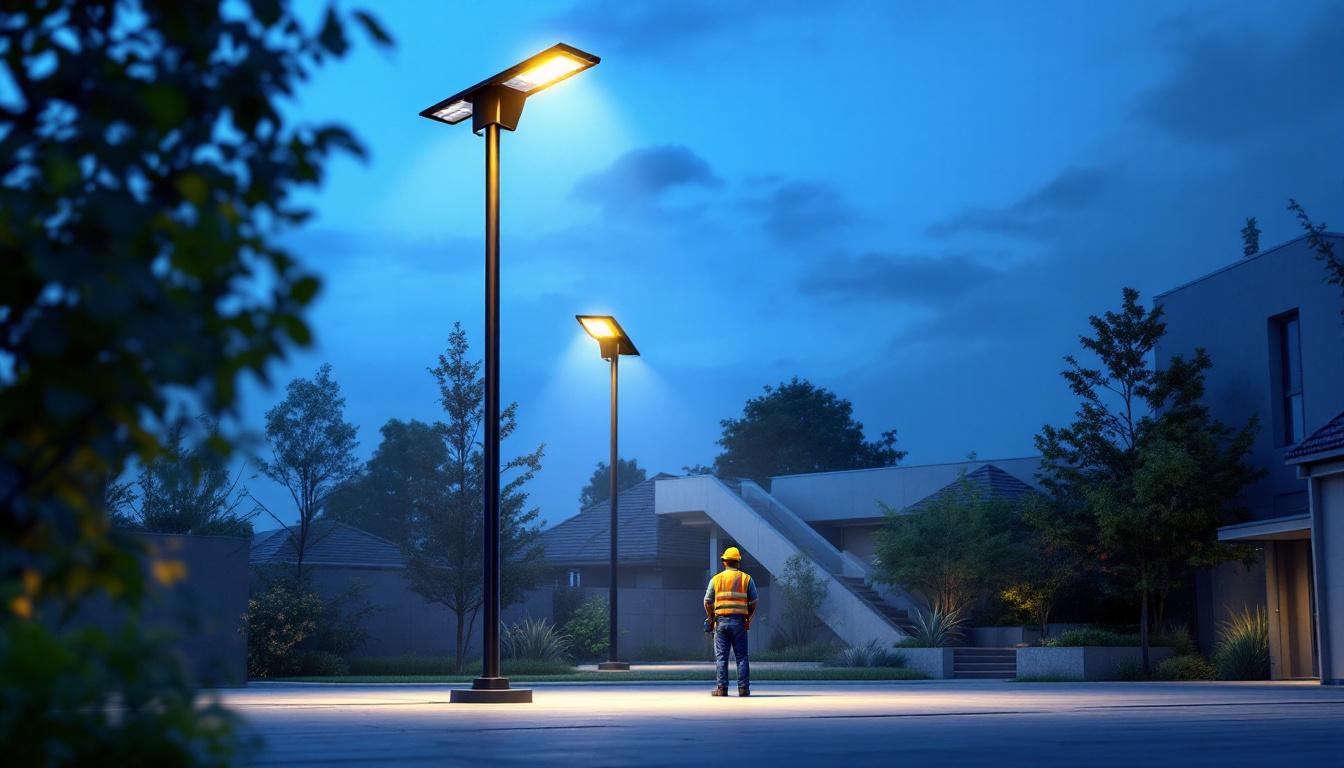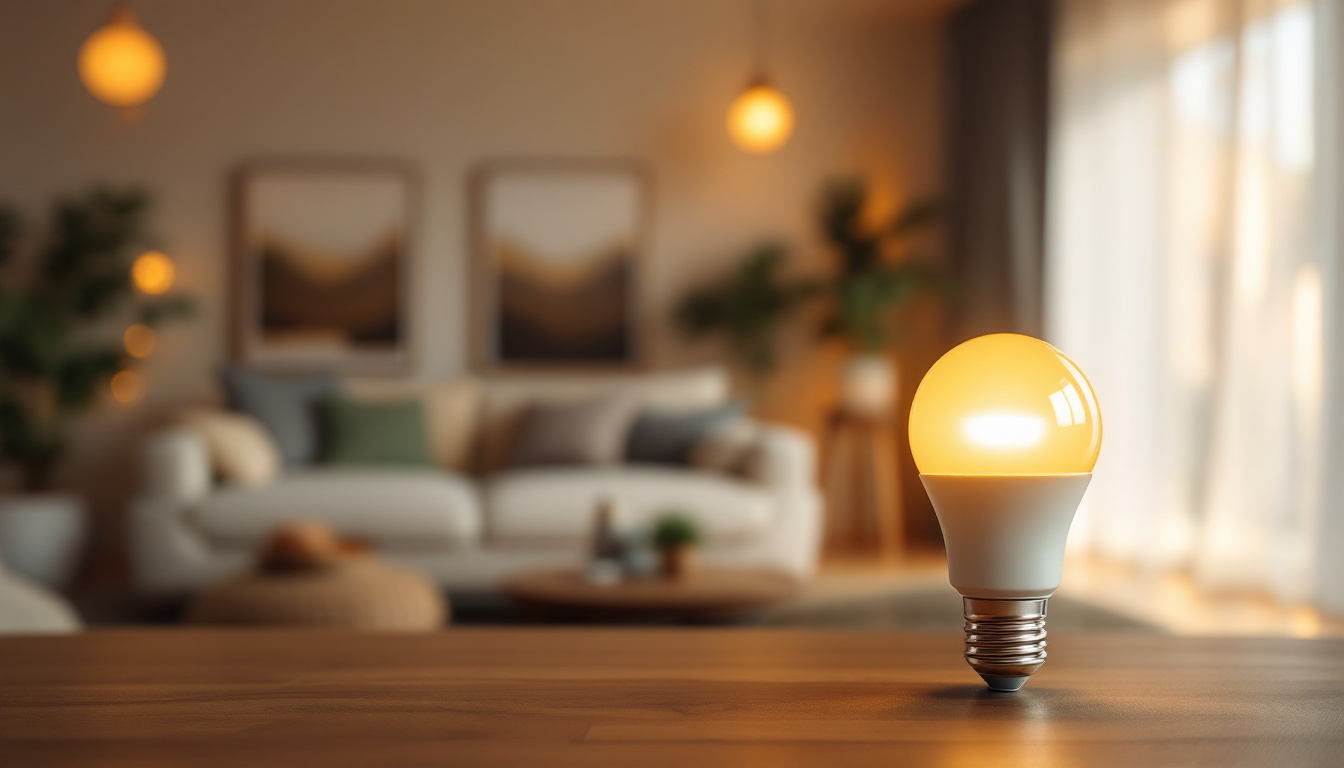
In the ever-evolving world of lighting design and installation, the manufacturing of lighting fixtures plays a pivotal role in ensuring quality, efficiency, and aesthetic appeal. For lighting contractors, understanding the best practices in this area can significantly enhance their projects and client satisfaction. This article explores essential strategies and considerations for manufacturing lighting fixtures, tailored specifically for lighting contractors.
Before delving into best practices, it is crucial for lighting contractors to grasp the fundamental aspects of lighting fixture manufacturing. This knowledge not only aids in selecting the right products but also empowers contractors to communicate effectively with manufacturers and clients. A solid understanding of manufacturing processes can also help contractors anticipate potential challenges and delays, ensuring smoother project execution.
Lighting fixtures consist of several key components, each contributing to the overall functionality and aesthetics. These components include the housing, lens, light source, and electrical components. Understanding these elements helps contractors make informed decisions about the fixtures they choose for their projects.
The housing, often made from materials like aluminum or steel, provides structural integrity and protects internal components. The lens, which can be glass or plastic, influences both the light distribution and the fixture’s appearance. The light source, whether LED, fluorescent, or incandescent, determines the fixture’s energy efficiency and brightness. Lastly, the electrical components ensure safe and reliable operation. Additionally, contractors should consider the thermal management of fixtures, as overheating can significantly affect the longevity and performance of the light source.
Lighting fixtures come in various types, each serving different purposes. Common categories include recessed, pendant, wall-mounted, and track lighting. Each type has unique installation requirements and aesthetic implications, making it essential for contractors to understand their options thoroughly.
Recessed fixtures are popular for their sleek appearance and ability to blend into ceilings, while pendant fixtures offer a more decorative touch. Wall-mounted fixtures can enhance both functionality and design, and track lighting provides versatility in directing light where needed. Familiarity with these types enables contractors to recommend the best solutions to their clients. Furthermore, understanding the latest trends in lighting design, such as smart lighting systems and energy-efficient technologies, can also provide contractors with a competitive edge, allowing them to offer innovative solutions that meet modern demands for sustainability and convenience.
With a foundational understanding of lighting fixtures, contractors can implement best practices in their manufacturing processes. These practices not only improve the quality of the fixtures but also streamline operations and enhance customer satisfaction.
Choosing the right materials is paramount in the manufacturing of lighting fixtures. The materials should not only meet design specifications but also ensure durability and safety. For instance, using high-quality aluminum for housings can reduce the risk of corrosion and enhance the fixture’s lifespan.
Additionally, the choice of lens material can significantly affect light transmission and durability. Glass lenses, while heavier and more fragile, often provide superior optical clarity compared to plastic. Contractors must weigh the pros and cons of each material based on the fixture’s intended use and environment. For outdoor fixtures, UV-resistant materials are essential to withstand harsh weather conditions, while indoor fixtures may prioritize aesthetic appeal and light diffusion. Understanding the specific requirements of each application can lead to better decision-making in material selection.
In today’s market, energy efficiency and sustainability are more than just trends; they are essential considerations for lighting contractors. Manufacturers are increasingly focusing on producing fixtures that utilize LED technology, which offers significant energy savings and a longer lifespan compared to traditional bulbs.
Moreover, sustainable manufacturing practices, such as using recycled materials and minimizing waste, are becoming crucial. Contractors should seek out manufacturers who prioritize these practices, as they not only contribute to environmental conservation but also appeal to eco-conscious clients. The integration of smart technology in lighting fixtures is another exciting development, allowing for features such as dimming, color temperature adjustments, and remote control options. This not only enhances user experience but also promotes energy conservation by allowing users to optimize their lighting based on their specific needs and preferences. As the demand for smart lighting solutions grows, staying informed about technological advancements will be key for contractors looking to remain competitive in the market.
Implementing rigorous quality control measures is vital in the manufacturing process. Lighting contractors must ensure that the fixtures they source meet industry standards and client expectations. This section explores effective quality control practices that can be integrated into the manufacturing process.
All lighting fixtures should undergo thorough testing to ensure they meet safety and performance standards. This includes electrical safety tests, thermal performance assessments, and photometric evaluations to measure light output and distribution.
Certification from recognized organizations, such as Underwriters Laboratories (UL) or the International Electrotechnical Commission (IEC), can provide assurance to contractors and clients regarding the safety and reliability of the fixtures. Contractors should prioritize manufacturers that adhere to these testing and certification processes. Additionally, staying updated on the latest regulations and standards is crucial as they evolve over time, ensuring that manufacturers remain compliant and that the products they offer are not only safe but also competitive in the market.
Establishing feedback loops is essential for continuous improvement in manufacturing practices. Contractors should encourage open communication with manufacturers regarding product performance and client feedback. This information can be invaluable for identifying areas for improvement and ensuring that future products meet evolving market demands.
Regularly reviewing manufacturing processes and soliciting feedback from contractors can lead to innovations in design and functionality, ultimately benefiting both manufacturers and contractors alike. Furthermore, integrating advanced technologies such as IoT (Internet of Things) can enhance the feedback loop by allowing real-time monitoring of fixture performance in the field. This data can provide insights into how fixtures are used in various environments, enabling manufacturers to make data-driven decisions that enhance product durability and efficiency.
Moreover, fostering a culture of quality within the manufacturing team is equally important. Training sessions focused on quality standards, problem-solving techniques, and the importance of attention to detail can empower employees to take ownership of their work. By creating an environment where every team member understands their role in maintaining quality, manufacturers can significantly reduce defects and improve overall product satisfaction.
Successful lighting projects often hinge on effective collaboration between contractors and manufacturers. Building strong partnerships can lead to better product outcomes and enhanced client satisfaction. This section discusses strategies for fostering collaboration.
Contractors should communicate their project requirements clearly to manufacturers. This includes specifications regarding design, functionality, and budget constraints. By providing detailed information, contractors can help manufacturers tailor their products to meet specific needs.
Additionally, discussing timelines and delivery expectations upfront can prevent potential delays and ensure that projects remain on schedule. Establishing a mutual understanding of project goals is key to successful collaboration.
When challenges arise during a project, joint problem-solving initiatives can be highly effective. Contractors and manufacturers should approach issues as partners, working together to find solutions that meet both technical requirements and client expectations.
Regular meetings or check-ins can facilitate this collaborative approach, allowing both parties to stay informed and engaged throughout the manufacturing process. By fostering a culture of teamwork, contractors and manufacturers can enhance the overall quality of their projects.
The lighting industry is constantly evolving, with new trends emerging that influence manufacturing practices. Staying informed about these trends can help contractors remain competitive and deliver cutting-edge solutions to their clients.
Smart lighting is revolutionizing the way fixtures are designed and utilized. The integration of IoT (Internet of Things) technology allows for enhanced control over lighting systems, enabling features such as remote operation, automation, and energy monitoring.
Manufacturers are increasingly incorporating smart technology into their products, creating fixtures that can be controlled via smartphones or home automation systems. Contractors should familiarize themselves with these advancements to offer clients innovative solutions that enhance convenience and energy efficiency.
As clients seek more personalized solutions, the demand for customizable lighting fixtures is on the rise. Manufacturers are responding by offering modular designs that allow contractors to tailor fixtures to specific project requirements.
Customizable options can include adjustable color temperatures, interchangeable lenses, and various mounting configurations. By embracing these trends, contractors can provide unique lighting solutions that cater to individual client preferences and project needs.
Manufacturing lighting fixtures is a complex process that requires attention to detail, quality control, and collaboration between contractors and manufacturers. By understanding the basics of fixture manufacturing, implementing best practices, and staying informed about industry trends, lighting contractors can enhance their projects and deliver exceptional results.
As the lighting industry continues to evolve, embracing innovation and sustainability will be key to remaining competitive. By prioritizing quality, energy efficiency, and collaboration, contractors can ensure that they are well-equipped to meet the demands of their clients and the market.
Ultimately, the success of lighting projects hinges on the partnerships formed throughout the manufacturing process. By fostering strong relationships with manufacturers and prioritizing best practices, lighting contractors can illuminate the path to success in their projects.
Ready to elevate your lighting projects with the highest quality fixtures at unbeatable prices? Look no further than LumenWholesale, where we specialize in providing spec-grade lighting products directly to contractors. Our commitment to cutting out the middleman means you enjoy superior lighting solutions without the inflated markups. With our extensive selection that meets rigorous industry standards, you can trust that your projects will shine with reliability and high performance. Plus, with the convenience of free shipping on bulk orders, you’re guaranteed to get the best value without any hidden fees. Don’t compromise on quality or cost. Visit LumenWholesale today for wholesale lighting that perfectly blends quality, affordability, and convenience.

Discover how large solar lamp posts are revolutionizing the lighting industry by enhancing efficiency and sustainability for contractors.

Discover essential tips for using UV light sterilizers effectively in your lighting projects.

Discover how Type G light bulbs are revolutionizing energy efficiency in homes and businesses.

Discover how troffer lights can enhance profitability in lighting installations.